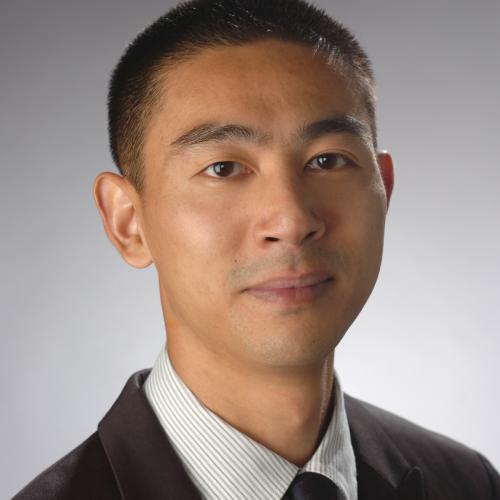A team of researchers from the SALT (Social Computing Systems) Lab has been selected as a winner in an international hackathon hosted by the Berkeley Center for Responsible, Decentralized Intelligence. The LLM Agents MOOC Hackathon brought together over 3,000 students, researchers, and practitioners from 127 countries to build and showcase innovative work in large language model (LLM) agents, grow the AI agent community, and advance LLM agent technology.
Hackathon teams could compete in one of five tracks: Applications, Benchmarks, Fundamentals, Safety, and Decentralized and Multi-Agents. Team Youth-AI-Safety, which included PhD student Yaman Yu, Informatics PhD student Yiren Liu, Computer Science undergraduate Jacky Zhang, Associate Professor Yun Huang, and Professor Yang Wang, won 8th place in the Applications Track—the most popular track with 75 percent of the participants.
The team's hackathon project builds on members' earlier work highlighting the risks teenagers face when using generative artificial intelligence (GAI)—risks that parents are often unaware of and struggling to manage, Yu said. The goal of the project is to safeguard youth in GAI platforms by building a risk taxonomy for youth-nuanced challenges; creating a real-world labeled dataset for risk detection; and developing YouthSafeAgent, a parental control system for real-time monitoring and family communication.
“We collected chat logs from youth participants, a large-scale Reddit dataset, and an AI incident database to categorize risks and develop a structured taxonomy for youth-GAI interactions. Using this taxonomy, we labeled the chat logs to create a dataset. Based on this, we developed a parental control tool that enables real-time monitoring of children's risky interactions with GAI and allows parents to take action when needed,” Yu explained.
Future steps for the project include expanding the dataset, adding real-time intervention strategies, integrating user feedback from parents and youth, and finally releasing the YouthSafeAgent risk taxonomy, dataset, and parental control tools.
The SALT Lab seeks to understand how people interact with sociotechnical computing systems and develops original designs that either enable new forms of user/social interaction or impact existing interaction. The lab proposes, develops, and evaluates novel infrastructure solutions for a variety of social computing applications, including mobile crowdsourcing systems for public safety, systems for protecting people's privacy in social media, designs for enabling new forms of interactions between librarians and patrons, and mechanisms for making authentication more accessible for people with disabilities.


